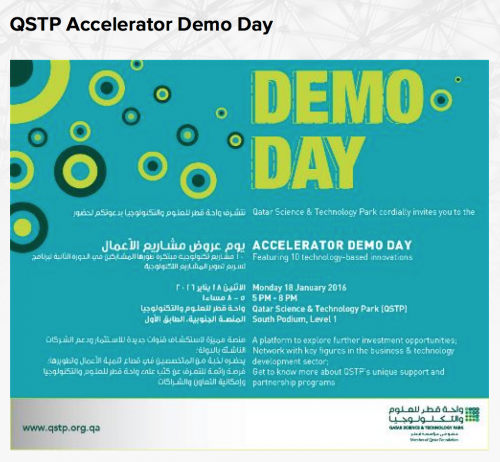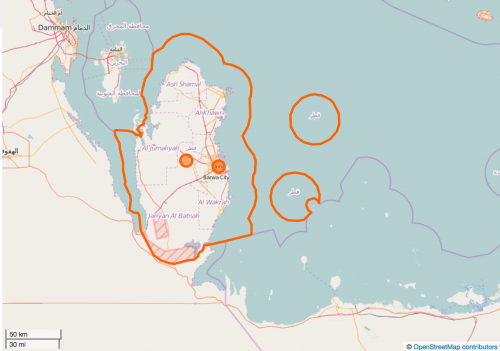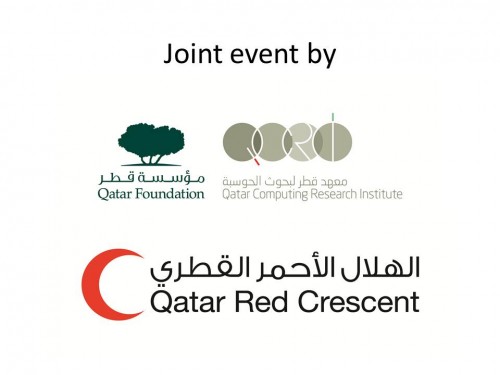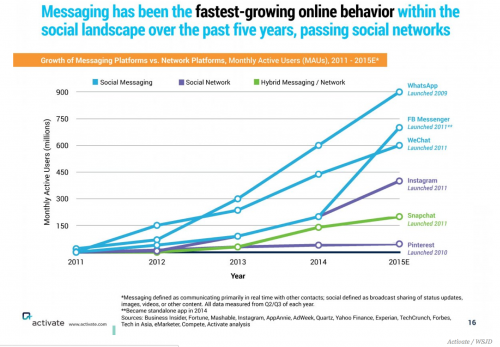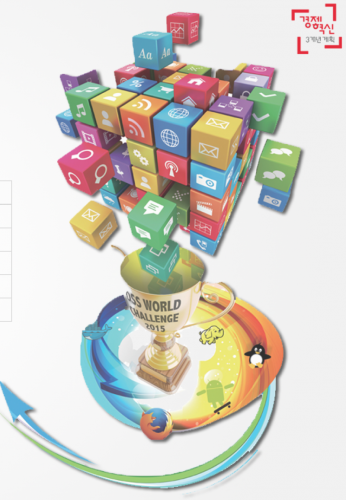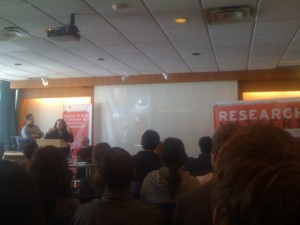When an emergency happens, lives and homes are affected. People share images and information via social media. There are more data sources available to provide insights, including aerial imagery. All these data items result in information overload. How can technology help address this question of discoverability of key insights for humanitarians? Qatar Computing Research Institute (QCRI) has been tackling this research project on information curation pipeline for over 3 years. Many bright minds have contributed to the project called Artificial Intelligence for Disaster Response (AIDR) which combines machine learning and human computing.
QCRI participated in the Qatar Science & Technology Park Accelerator programme from September 2015 – January 2016. We took the prototype of AIDR and spin up AINGEL, a startup idea. Last night was Demo Day and we are happy to share some thanks and details about the project. As you can imagine, working on a startup idea is a steep curve for entrepreneurs and innovators. For the past 6 years, I have been involved in various types of humanitarian technology projects, so being in a ‘startup’ has been a fascinating learning journey. I’ll write more about this topic in the coming weeks. My colleagues will be sure to share more about the next steps for the startup.
We have many people to thank for their hard work, ideas, support and sheer grit to incept, design, research, and test a product. Add to this going through the process of an Accelerator to deliver a demo and pitch.
Thank you!
AIDR and AINGEL Product Development: Carlos (Chato) Castillo, Muhammad Imran, Patrick Meier, Ji Kim Lucas, Meghna Singh, Koushik Sinha, Latika Bhurani, Kushal Goyal, Sushant Dahiya, Sonu Malpani and Aman Agrawal.
Research, Advisal and Operations: Justine Mackinnon, Jaideep Srivastava. Lokendra Chauhan, Peter Mosur, Ibrahim Soltan, Raymond Filippe and Madj Abbar. Graphics by Jaideep Singh and Video by Farthest Star.
QSTP: Pontus All, Salvino Salvaggio, Mohammed Zebian and Haya Al Ghanim. Also, the PR and Events team.
Thanks as well to all our amazing classmates. Keep changing the world and Qatar with your ideas and startups.
ABOUT AINGEL:
Here is a video of our prototype and our slides:
Next steps
Participation in the Accelerator Programme is only the beginning for AINGEL. The team will definitely keep iterating. Any future inquiries should be directed to qcri.org.qa or lokendra AT gmail.com. And, stay tuned for more posts about humanitarian technology and innovation paths.
